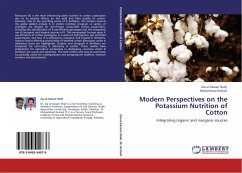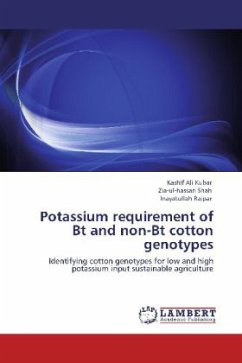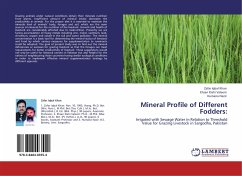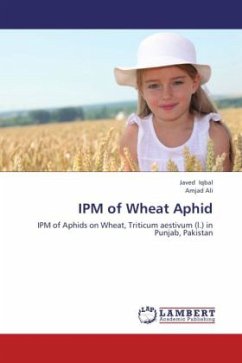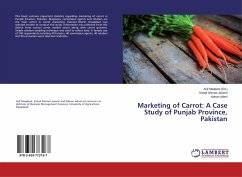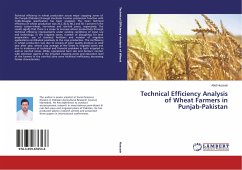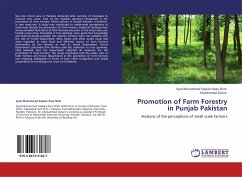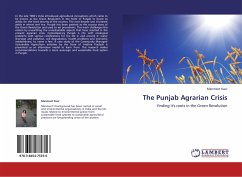Potassium (K) is the most influencing plant nutrient in cotton production due to its positive effects on the yield and fiber quality of cotton. However, due to the scorching prices of K fertilizers, the farmers around the globe seldom include K in cotton nutrition program. A variety of strategies are devised for low-K-input sustainable cotton production, including the identification of K-use-efficient genotypes and the integrated use of inorganic and organic sources of K. This monograph focuses upon K use efficiency of cotton genotypes, in a series of hydroponics, pot and field experiments, and how it is affected by inorganic and organic K fertilizers. Various factors affecting productivity of selected cotton genotypes under K deficiency stress are highlighted. Organic and inorganic K fertilizers are compared for correcting K deficiency in cotton. These studies have implications for agriculture particularly in developing countries where K fertilizers are scarce and expensive. This well written and easy to read book is practically useful for undergraduate and postgraduate students, research workers and extensionists.

